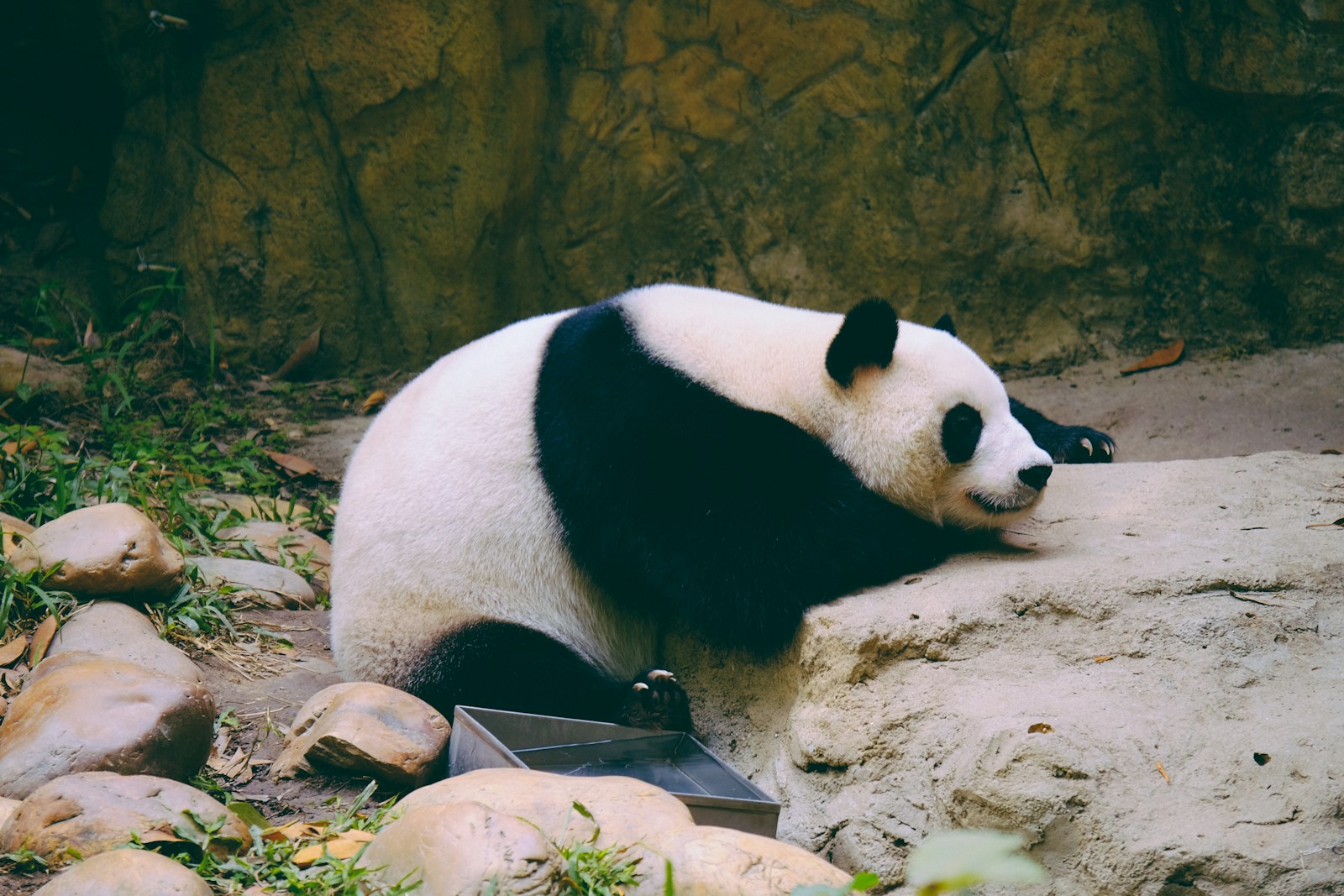
ours

bear
The French word for 'bear' is 'ours'. It is used in the same way as English, referring to the large mammal. For example, 'un ours brun' means 'a brown bear'. It is also used in expressions like 'fort comme un ours' meaning 'as strong as a bear'.
Example sentences using: ours
L'ours est dans la forêt.

The bear is in the forest.
This is a simple declarative sentence stating a fact or an observation. It has a similar structure to English, with the subject 'The bear' followed by the verb 'is' and, finally, the location 'in the forest.'
Attention à l'ours!

Beware of the bear!
This is a command or an imperative sentence used to warn someone about a potential danger or risk. In this particular case, a bear. The phrase structure in English is similar to that in French, with the verb 'beware' followed by the preposition 'of' and concluding with the object, 'the bear.'
L'ours mange du miel.

The bear is eating honey.
This is a sentence expressing an action in progress in present tense. Analogous to English, it starts with the subject 'The bear', continued by the verb 'is eating', and finishes with the object 'honey.' It illustrates that, like in English, in French we can express an ongoing action using present tense verbs.